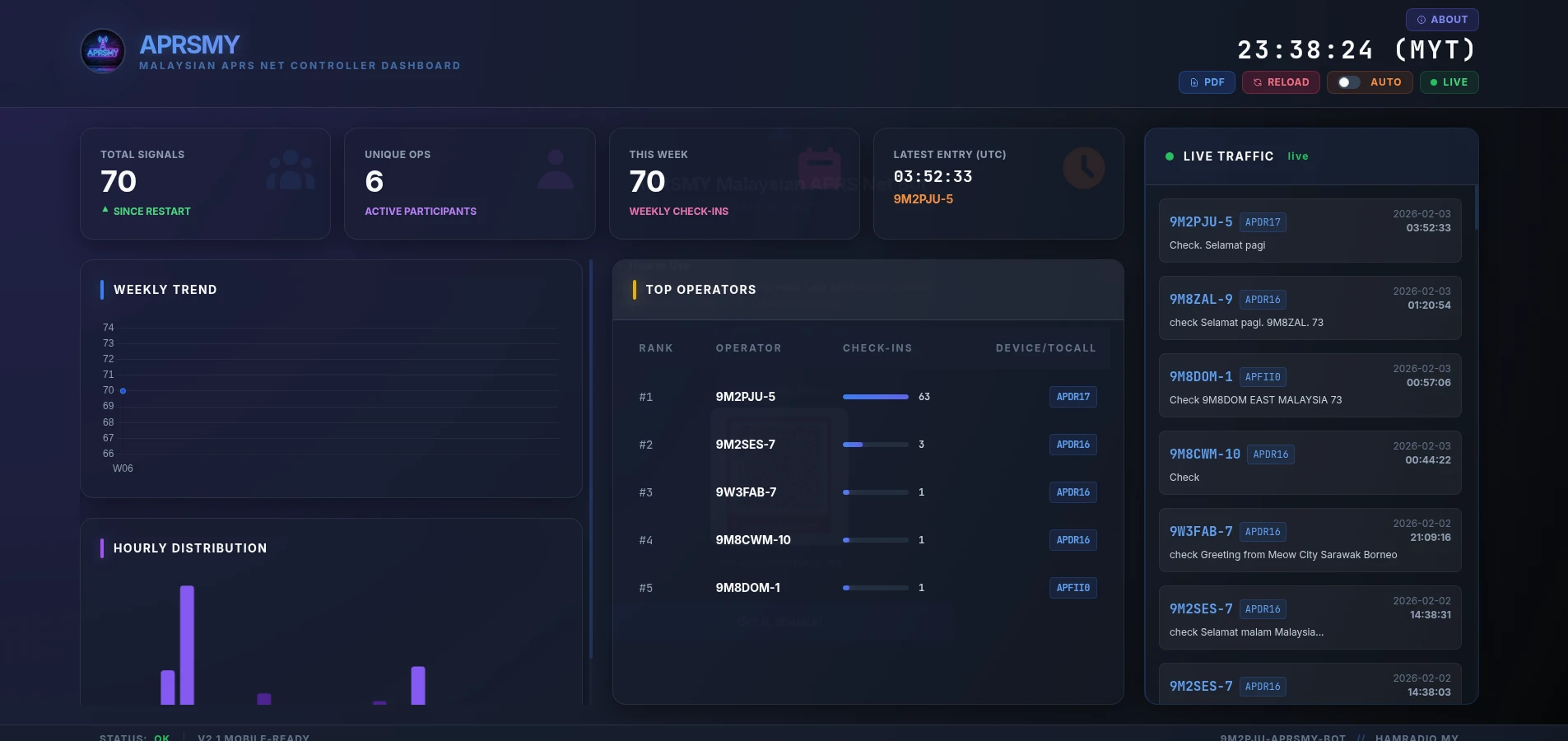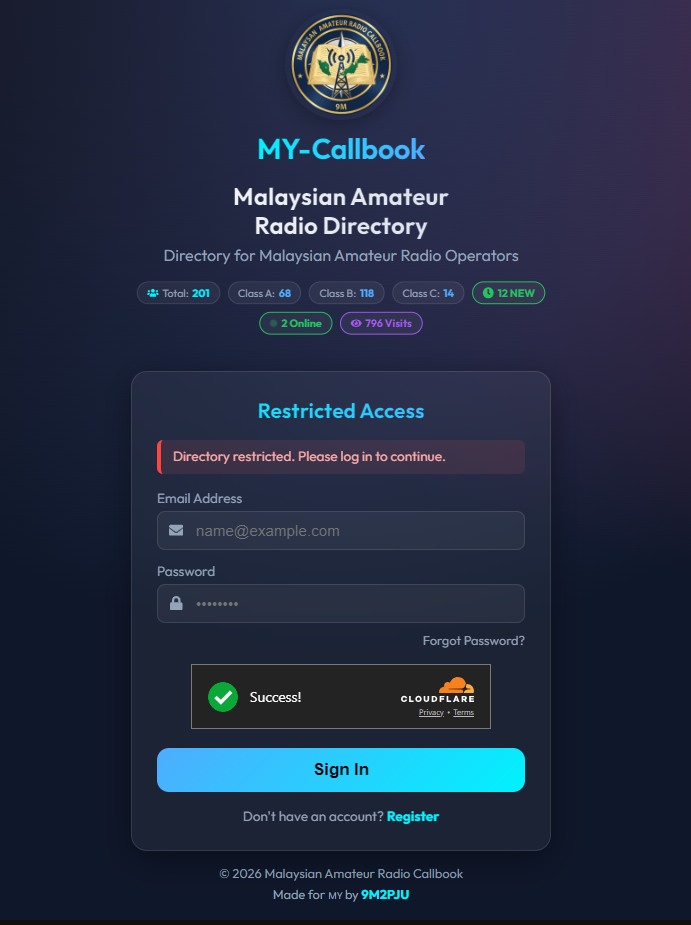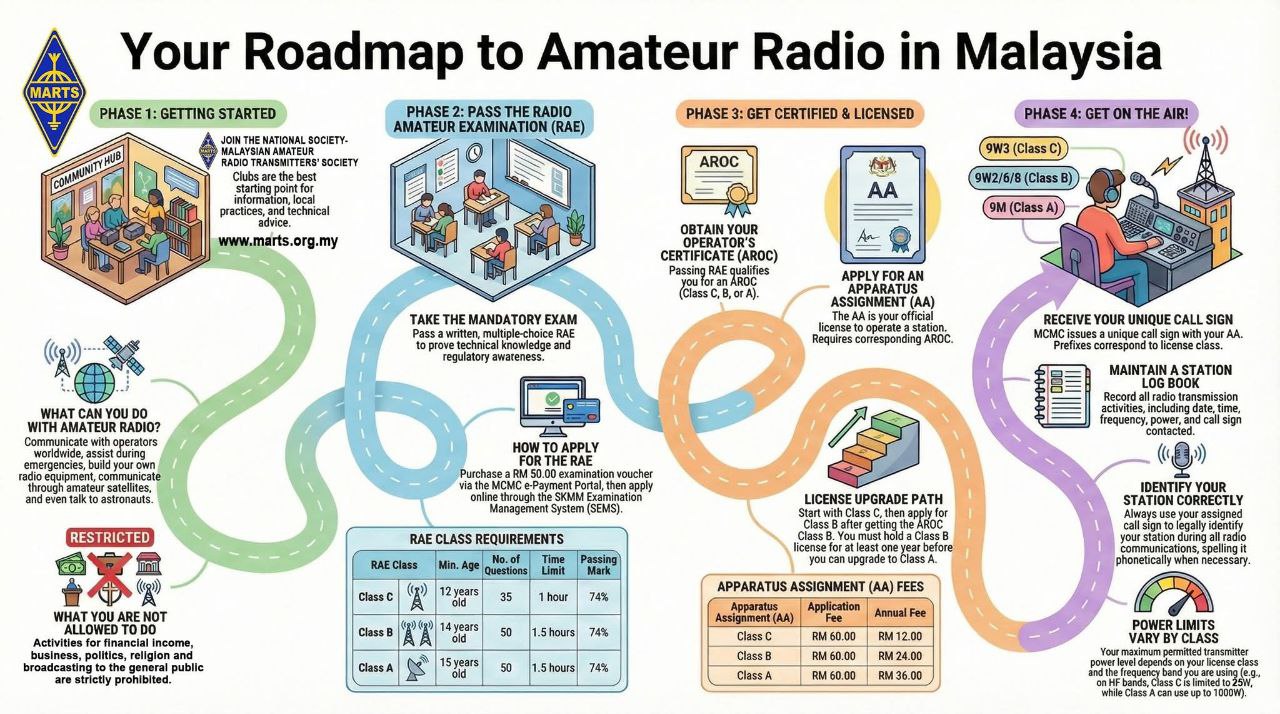Should the Malaysian Government Adopt Ubuntu as Its Operating System?
Adopting Ubuntu, a popular Linux-based operating system, across Malaysian government computers could bring numerous benefits such as cost savings, enhanced security, and greater control over IT infrastructure. However, this transition would also pose several challenges, including compatibility issues, training needs, and resistance to change. This article explores the potential benefits and obstacles, evaluates current software usage, and assesses the feasibility of this transition.
Benefits of Adopting Ubuntu
- Cost Savings:
- Licensing Fees: Ubuntu is free to use, which can save substantial costs on operating system licenses and associated proprietary software.
- Hardware Longevity: Ubuntu can run efficiently on older hardware, potentially delaying the need for expensive hardware upgrades.
- Enhanced Security:
- Reduced Malware and Viruses: Linux systems, including Ubuntu, are less susceptible to malware and viruses compared to Windows. This could lead to fewer security breaches and lower maintenance costs.
- Regular Updates: The open-source community regularly updates Ubuntu, ensuring that it remains secure and up-to-date.
- Control and Customization:
- Open-Source Flexibility: Ubuntu’s open-source nature allows for extensive customization to meet specific governmental needs. This flexibility can lead to better integration with existing systems and processes.
- Support for Open Standards:
- Interoperability: Ubuntu supports open standards, which can improve interoperability between different government systems and ensure long-term accessibility of data.
Obstacles to Adopting Ubuntu
- Compatibility Issues:
- Proprietary Software: Many government agencies rely on proprietary software that may not have direct equivalents in the open-source world or may not run on Linux without significant modifications.
- Specialized Applications: Certain specialized applications used in various departments might not be available for Linux or may require extensive reconfiguration.
- Training and Adaptation:
- Learning Curve: Government servants accustomed to Windows may find it challenging to transition to Ubuntu. This necessitates comprehensive training programs.
- User Resistance: There might be resistance to change among employees who are comfortable with the current systems.
- Technical Support and Maintenance:
- Availability of Expertise: Ensuring there is sufficient technical expertise to support and maintain Ubuntu systems can be a challenge. This might require hiring or training additional IT staff.
- Vendor Support: Unlike commercial software, open-source solutions may not offer dedicated support. The government would need to rely on community support or third-party providers.
Current Software Usage and Open-Source Alternatives
Office Suites
- Current Use: Microsoft Office (Word, Excel, PowerPoint)
- Open-Source Alternatives: LibreOffice, OpenOffice
Email and Calendaring
- Current Use: Microsoft Outlook
- Open-Source Alternatives: Thunderbird with Lightning, Evolution
Web Browsing
- Current Use: Google Chrome, Microsoft Edge
- Open-Source Alternatives: Mozilla Firefox, Chromium
Database Management
- Current Use: Microsoft SQL Server, Oracle Database
- Open-Source Alternatives: PostgreSQL, MySQL, MariaDB
Graphic Design and Multimedia
- Current Use: Adobe Photoshop, Adobe Illustrator
- Open-Source Alternatives: GIMP, Inkscape
Specialized Government Software
Many government agencies use proprietary and often custom-built software for various functions, from finance and human resources to public service applications. Replacing or adapting these for Ubuntu could be a significant challenge.
- Tax Systems: Proprietary tax management software might need to be replaced or adapted with open-source solutions like OpenTaxSolver or integrated web-based solutions.
- Document Management: Systems like SharePoint would need alternatives like Alfresco or Nextcloud.
- ERP Systems: Proprietary ERP systems could be replaced with open-source ERP solutions like Odoo or ERPNext, though these transitions could be complex and require customization.
Cost Implications
Initial Investment
- Training: Significant investment in training government staff to use Ubuntu and its associated software.
- Migration: Costs related to migrating data and ensuring compatibility of existing systems and documents.
Long-Term Savings
- Licensing: Elimination of licensing fees for the operating system and associated proprietary software.
- Maintenance: Potential reduction in maintenance costs due to lower susceptibility to viruses and malware.
Training and Adaptation for Government Servants
- Comprehensive Training Programs:
- Basic Training: Courses to cover the basics of using Ubuntu, including navigation, file management, and using common applications.
- Advanced Training: Specialized training for IT staff and power users on system administration, troubleshooting, and customization.
- Gradual Transition:
- Pilot Programs: Implementing Ubuntu in a few departments initially to gather feedback and refine the transition process.
- Phased Rollout: Gradually expanding the use of Ubuntu across departments to ensure a smooth transition and allow time for adaptation.
- Support Systems:
- Help Desks: Establishing dedicated help desks to assist with the transition and ongoing use of Ubuntu.
- Online Resources: Providing access to online tutorials, forums, and documentation to support self-directed learning.
Feasibility and Conclusion
The Malaysian government could feasibly adopt Ubuntu, but the transition would require careful planning and execution. The benefits of cost savings, enhanced security, and greater control are compelling, but the obstacles of compatibility, training, and resistance to change must be addressed.
By leveraging pilot programs, comprehensive training, and gradual implementation, the government can mitigate these challenges. The shift to Ubuntu represents not just a technological change but also a cultural one, necessitating strong leadership and clear communication of the benefits to all stakeholders.
Ultimately, while the transition to Ubuntu could lead to significant long-term benefits, it must be managed strategically to ensure success and minimize disruption to government operations. With the right approach, Malaysia could set a precedent for other countries considering similar transitions to open-source solutions.






Post Comment